The wolf loses his teeth, but not his inclinations
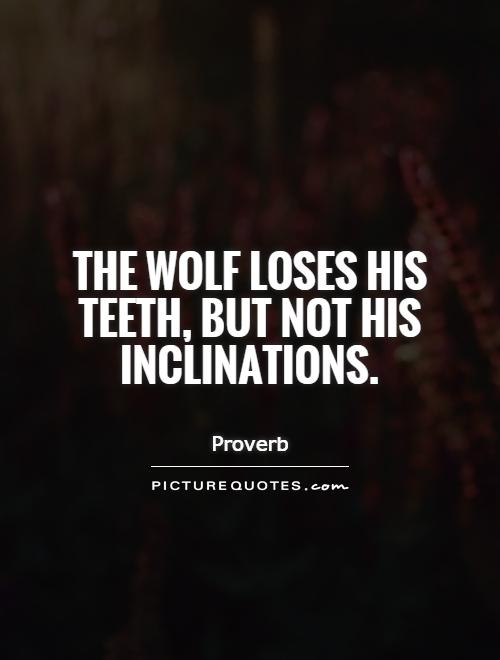
The wolf loses his teeth, but not his inclinations
The proverb "The wolf loses his teeth, but not his inclinations" is a powerful reminder that even as we age or face challenges, our fundamental nature or character remains unchanged. The image of a wolf losing its teeth symbolizes the loss of physical strength or abilities, but the wolf's predatory instincts and nature remain intact. This proverb serves as a cautionary tale about the enduring nature of one's true self, regardless of external circumstances.In the context of human behavior, this proverb warns against assuming that someone's capabilities or intentions have diminished simply because they have aged or faced setbacks. Just like the wolf, individuals may lose certain physical abilities or resources, but their core traits, desires, and motivations remain unchanged. This can be particularly relevant in relationships or interactions with others, where it is important to recognize that people's underlying nature may not change even as their circumstances do.
The proverb also serves as a reminder of the importance of self-awareness and personal growth. Just as the wolf must adapt to its changing physical abilities, individuals must also learn to navigate life's challenges and changes while staying true to their core values and beliefs. It encourages us to reflect on our own inclinations and motivations, and to strive for personal growth and self-improvement even as we face obstacles or setbacks.
Furthermore, this proverb can also be interpreted as a warning against underestimating others based on superficial appearances or assumptions. Just because someone may appear to be weakened or diminished in some way, it does not mean that their underlying nature or intentions have changed. It is a reminder to approach others with caution and respect, regardless of their outward appearance or circumstances.
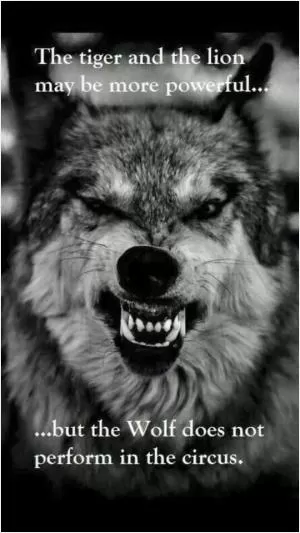
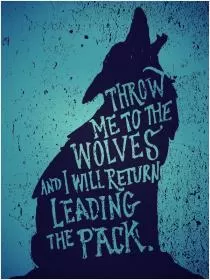


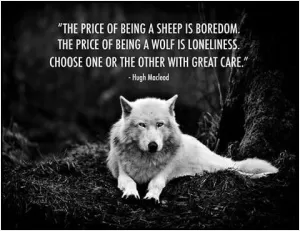

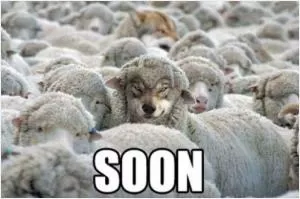

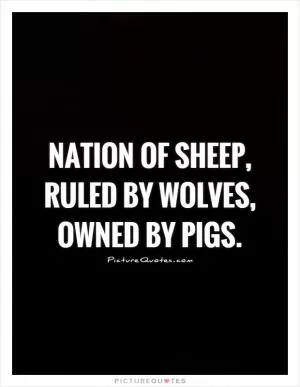
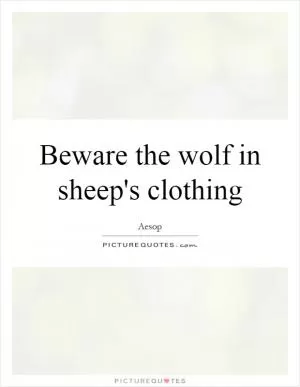

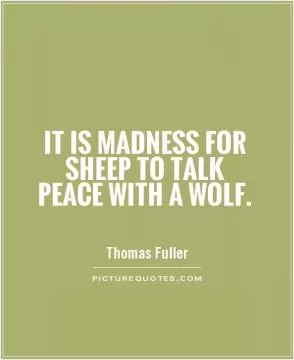
 Friendship Quotes
Friendship Quotes Love Quotes
Love Quotes Life Quotes
Life Quotes Funny Quotes
Funny Quotes Motivational Quotes
Motivational Quotes Inspirational Quotes
Inspirational Quotes